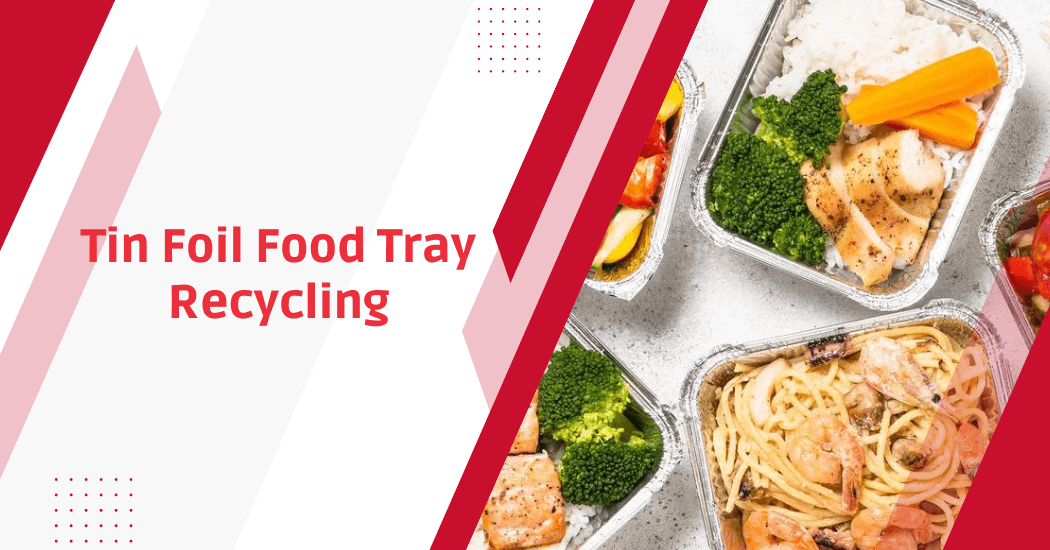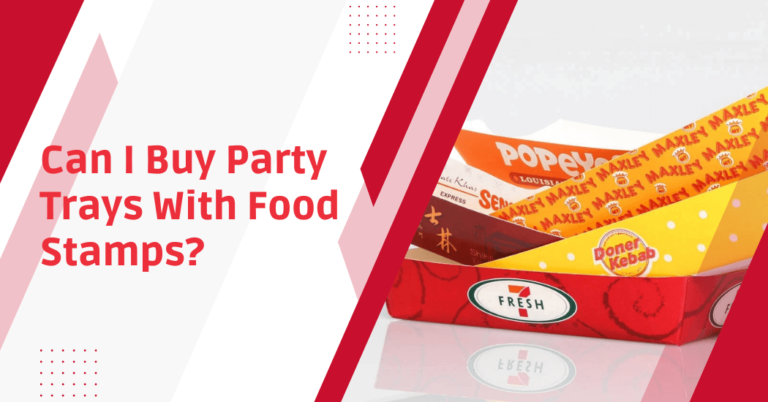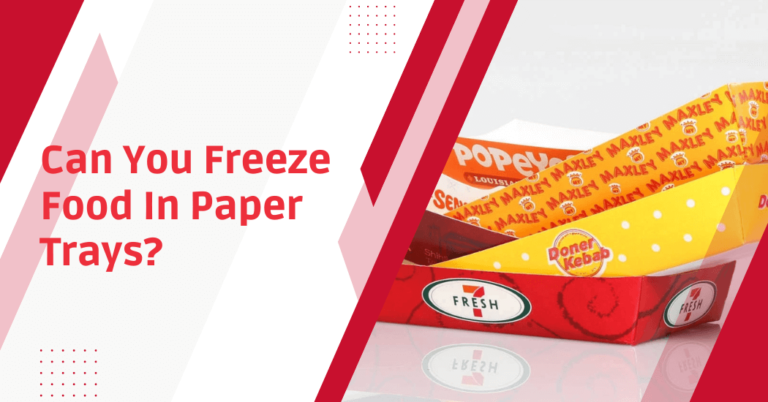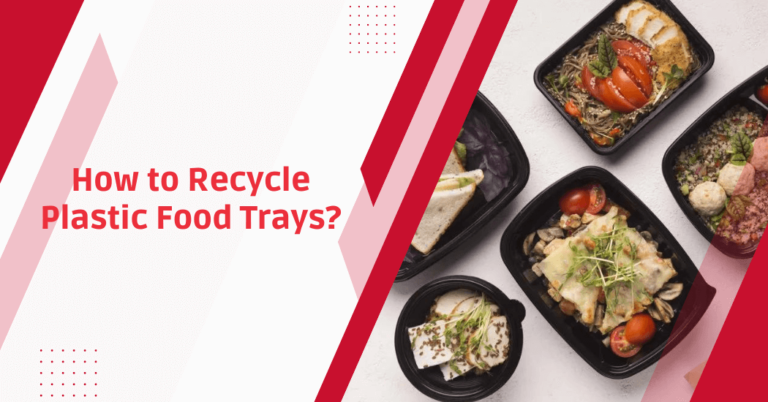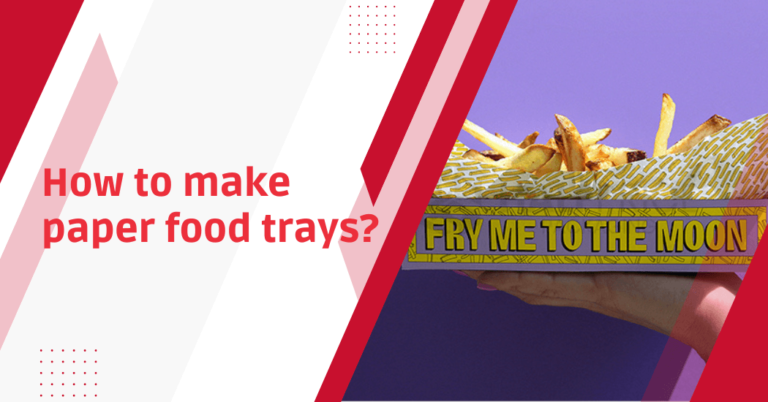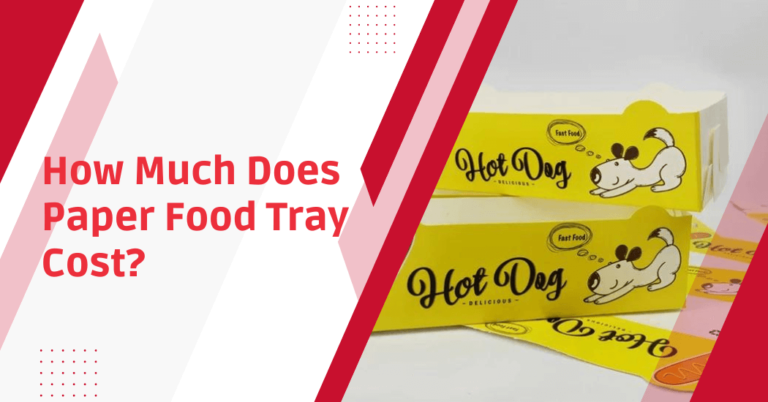Can you recycle tin foil food trays?
Tin foil food trays serve as a popular choice in both homes and food industries due to their heat-conducting properties, lightweight nature and cost-effectiveness. But an important question arises upon their disposal “Can you recycle tin foil food trays?”.
This query can bring us into the realm of environmental sustainability, waste management and the circular economy.
In this blog post, we’ll explore what types of recycling processes are available for tin foil food trays and how common they are both nationwide and worldwide, as well as provide tips about best practices when it comes to the sustainable disposal of these items.
Tin Foil Food Tray Recycling
Yes, tin foil food trays can indeed be recycled. These trays are commonly made from aluminum, which is a highly recyclable material. However, the process isn’t as simple as tossing the trays into the recycling bin after use.
Before recycling, it’s crucial to clean the trays thoroughly to remove any food residue, as this can contaminate the recycling process.
After cleaning, the trays should be grouped and crushed together into a ball, aiding the recycling process. Many recycling centers and curbside programs across the nation and worldwide accept clean aluminum trays, contributing to a more sustainable and environmentally friendly waste management system.
Steps To Recycle Tin Foil Food Trays
Follow these steps to ensure your tin foil food trays are recycled properly:
- Clean the trays: After use, clean the tin foil food trays thoroughly. Remove all food residue and grease, as these can contaminate the recycling process. Use warm water and dish soap for best results.
- Dry the trays: After cleaning, ensure the trays are completely dry. Moisture can also negatively affect the recycling process.
- Group the trays: Once dry, group multiple trays. This helps save space in the recycling bin and makes the process more efficient.
- Crush the trays: Crush the grouped trays into a ball. This helps to make transport of the material to the recycling center easier and allows the aluminum to be easily sorted at the facility.
- Recycle the trays: Now, you can put the ball of aluminum trays into your recycling bin, if your local service accepts aluminum. If not, look for a local recycling center that does and drop off your aluminum there.
Remember, not every community has the same recycling programs. Always check with your local waste management service to ensure you’re recycling appropriately.
Benefits of recycling tin foil food trays
Recycling tin foil food trays offers several benefits, both for the environment and the economy. These include:
- Conservation of resources: By recycling tin foil food trays, we reduce the need for extracting raw materials such as bauxite ore to manufacture new aluminum products. This helps preserve natural resources and reduces energy consumption.
- Reduction of landfill waste: Tin foil food trays are often thrown away in landfills, where they can take hundreds of years to decompose. Recycling these trays reduces the amount of waste in landfills and helps keep our environment cleaner.
- Cost savings: The recycling process for aluminum is cheaper than producing new aluminum from raw materials. This cost-effectiveness translates into savings for both manufacturers and consumers.
- Creation of jobs: Recycling tin foil food trays creates jobs in the recycling industry, contributing to the economy and supporting local communities.
Tips for sustainable disposal of tin foil food trays
Here are some best practices to follow when disposing of tin foil food trays:
- Reuse if possible: Before tossing out your tin foil food tray, consider if it can be reused. For example, you can use them as a lid for food storage or to cover dishes in the oven.
- Recycle properly: As mentioned above, make sure to clean and prepare your tin foil food trays before recycling them. This ensures that the materials are properly recycled and reduces contamination.
- Choose recycled products: When purchasing products that come in tin foil food trays, look for those made from recycled materials. This supports the circular economy and promotes sustainable practices.
- Reduce usage: Where possible, try to reduce your usage of tin foil food trays. Consider alternative options such as reusable containers or products with less packaging.
Factors affecting the recyclability of tin foil food trays
| Factor | Explanation |
|---|---|
| Material quality | The quality of the aluminum in the tray can impact its recyclability. If the aluminum is mixed with other materials, it can complicate the recycling process. |
| Cleaning | The cleanliness of the tray is significant. Food residue or grease on the tray can contaminate the recycling process, making it less effective. |
| Local recycling programs | The availability and rules of local recycling programs can greatly affect whether or not these trays get recycled. Some areas may not have facilities equipped to recycle aluminum or they may require specific sorting or preparation of materials. |
| Market demand | The demand for recycled aluminum in the marketplace also plays a role. If there is less demand, there may be less incentive for recycling facilities to accept and process these trays. |
| Public awareness | The level of public awareness and education about aluminum tray recycling can impact the rate of recycling. If people are unaware that these trays can be recycled or do not know how to prepare them properly for recycling, they may simply throw them away. |
FAQs – Tin Foil Tray Recycling
What if my local waste management service doesn’t accept aluminum?
If your local waste management service does not accept aluminum, you can look for a recycling center in your area that does.
Alternatively, some supermarkets and stores have designated recycling bins for specific materials such as aluminum.
Does recycling tin foil food trays have any economic benefits?
Yes, recycling tin foil food trays is cost-effective as it is cheaper than producing new aluminum from raw materials. This translates into savings for both manufacturers and consumers.
Should I clean the tin foil food trays before recycling them?
Yes, it is important to clean the trays before recycling them to avoid contamination and ensure they are properly recycled. Simply rinse off any food residue or grease and let them dry before placing them in the recycling bin.
Are there any specific recycling symbols to look for on tin foil trays?
Yes, look for the recycling symbol with the number 40 or 41 inside. This indicates that the tray is made from aluminum and can be recycled.
Some trays may also have a ‘recyclable’ symbol on them. However, if you are unsure, it is best to check with your local recycling program for specific guidelines.
Are all tin foil food trays the same in terms of recyclability?
No, not all tin foil food trays are the same in terms of recyclability. The type and quality of the material used, as well as any additional coatings or liners, can affect their ability to be recycled.
It is important to check with your local recycling program for specific guidelines on what they accept. This will help ensure that your tin foil food trays are properly prepared and disposed of to support sustainable recycling practices.
In Summary
It is indeed possible to recycle tin foil food trays, contributing to environmental conservation, cost savings and job creation. However, the feasibility and effectiveness of recycling these trays depend on various factors such as material quality, cleanliness, local recycling programs, market demand and public awareness.
To ensure the trays are properly recycled, it is essential to clean them, prepare them according to local recycling guidelines and opt for trays made from recycled materials whenever possible.
Moreover, reducing the usage of such trays and considering alternatives can further support sustainability. Therefore, every individual’s conscious efforts can help enhance the recyclability of tin foil food trays, advancing towards a more sustainable and eco-friendly world.
